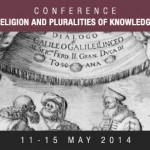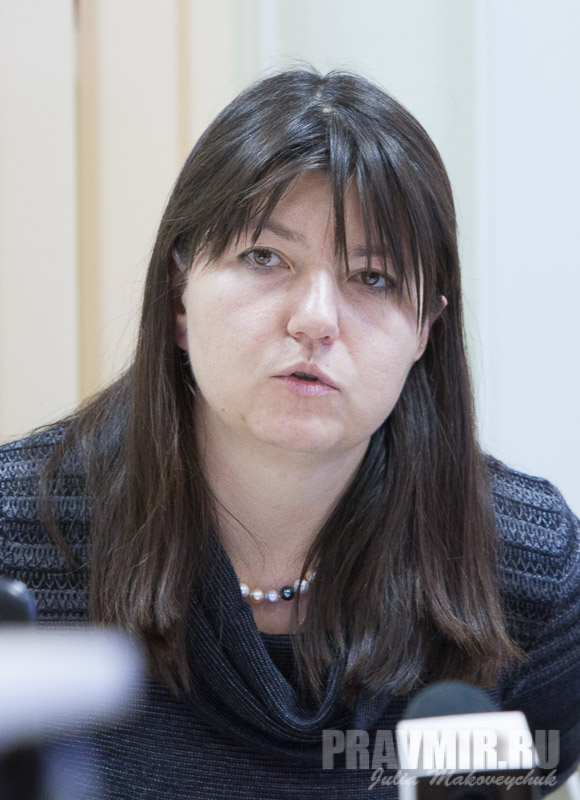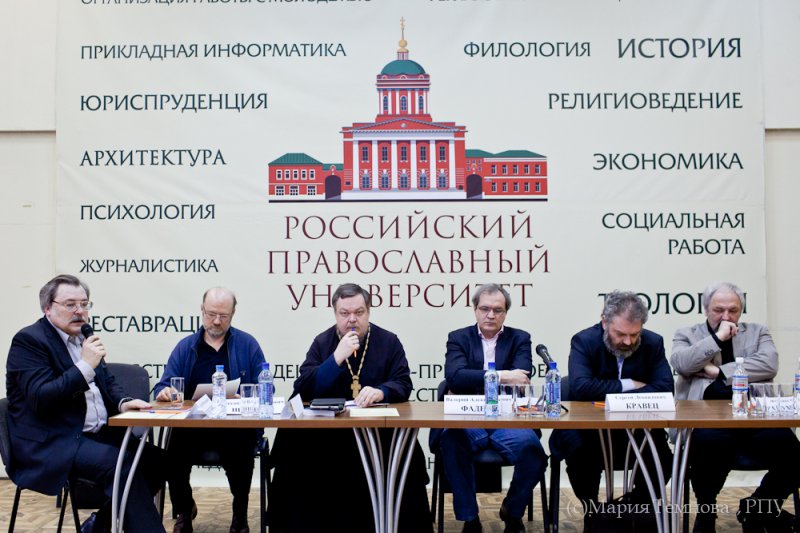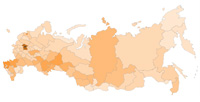Panel “Connected with God: ‘Spiritual senses’, Knowledge and Christianity”, EASR Annual Conference

CALL FOR PAPERS
EASR Annual Conference, Groningen, Netherlands
11-15 May, 2014
We invite submissions to our panel Connected with God: ‘Spiritual senses’, Knowledge and Christianity to be held at the 2014 EASR conference. Deadline for submissions is 1 December, 2013.
Connected with God: ‘Spiritual senses’, Knowledge and Christianity
Convenors: Dr. Minna Opas (University of Turku) and MA Anna Haapalainen (University of Turku)
Contact: minna.opas@utu.fi and anna.haapalainen@utu.fi
Abstract
It is common among Christian believers to describe their relation with God through the use of sensory and corporeal language: it is people’s hearts that ‘see’ God, and God may ‘touch’ upon a person. It is in and through the processes thus described that Christians also claim to gain knowledge of God. This raises a question of the relation between senses, corporeality, epistemology and knowledge: what is the nature of the knowledge gained through the senses, and are we here even dealing with the five human senses in the first place? This panel will examine Christian ways of knowing God in and through senses and the body, and the methodological, epistemological and ontological problems these pose. We will employ the term ‘spiritual senses’ as an umbrella term to talk about the Christian ways of perceiving and knowing God. We welcome papers examining the intertwinement of knowledge, the spiritual, and the material in human–God interaction.
Outline
What is contact with God like? How do people ’know’ God? It is common among Christian believers to describe their relation to God through the use of sensory language: it is people’s hearts that ‘see’ God, and God may ‘touch’ upon a person, for instance. Also a personal revival of faith and religious experience is often described by using corporeal imagery. The encounter with God can be described even visceral. Believers shiver, sense warmth, see light, hear angelic voices and feel presence of divine, connection with God permeates the body. It is in and through the processes thus described that Christians also claim to gain knowledge of God. This raises a question of the relation between senses, corporeality, epistemology and knowledge: what is the nature of the knowledge gained through the senses, and are we here even dealing with the five human senses in the first place?
This panel will examine Christian ways of knowing God in and through senses and the body, and the methodological, epistemological and ontological problems these pose. To begin with, as Paul L. Gavrilyuk and Sarah Coakley have noted in their book on theological anthropology titled ‘Spiritual senses’ (2012), the whole question of knowing God is built on epistemologically and metaphysically problematic premises. In encounters with God people claim to perceive something that cannot be perceived through the normal senses. God becomes something that is no longer transcendent and metaphysically different from humans. Yet, people’s ontological understandings of God do emphasize transcendence, omnipotence and eternity, all of which do not belong to the realm of man. Also methodologically the question of knowing God is challenging: can we talk about the human relationship with God with sensory language when in people’s descriptions it clearly points toward a supra-sensory mode of perception?
Following Gavrilyuk and Coakley, this panel will employ the term ‘spiritual senses’ as an umbrella term to talk about the Christian ways of perceiving and knowing God. The term, first found in the works of Origen in the third century AD, is understood to mean loosely the domain of (supra-) sensorial perceptions of the spiritual realm. We welcome papers examining the intertwinement of knowledge, the spiritual, and the material in human–God interaction. Possible topics include, but are not restricted to, the following:
-Materiality and immateriality of ‘spiritual senses’
-Epistemology of knowledge gained through religious experience
-Corporeality and knowledge
-Hierarchies of knowledge in Christian communities
-The nature of the connection between God and human
-The relation between spiritual senses and the five human senses
-Meanings given to ‘spiritual senses’ in different Christianities
-Interplay of different forms of knowledge in Christian communities
-The methodological problems the notion and Christian experiences of ‘spiritual senses’ pose to research
We do not delineate Christianity in this panel. Papers concerning any form of Christian faith, be it be institutionalized or free from institutions, are welcome.
Submission guidelines: Individual papers
Proposals for individual papers need to consist of an abstract of no more than 150 words (to be used in the program book, should the paper be accepted) and an outline of the proposed paper with no more than 500 words. Please indicate whether this is an open submission, or a submission to a particular panel. If your paper is submitted to a panel, please send your proposal to the convenors of that panel directly. They will review the submission.
Deadline: 1 December 2013








